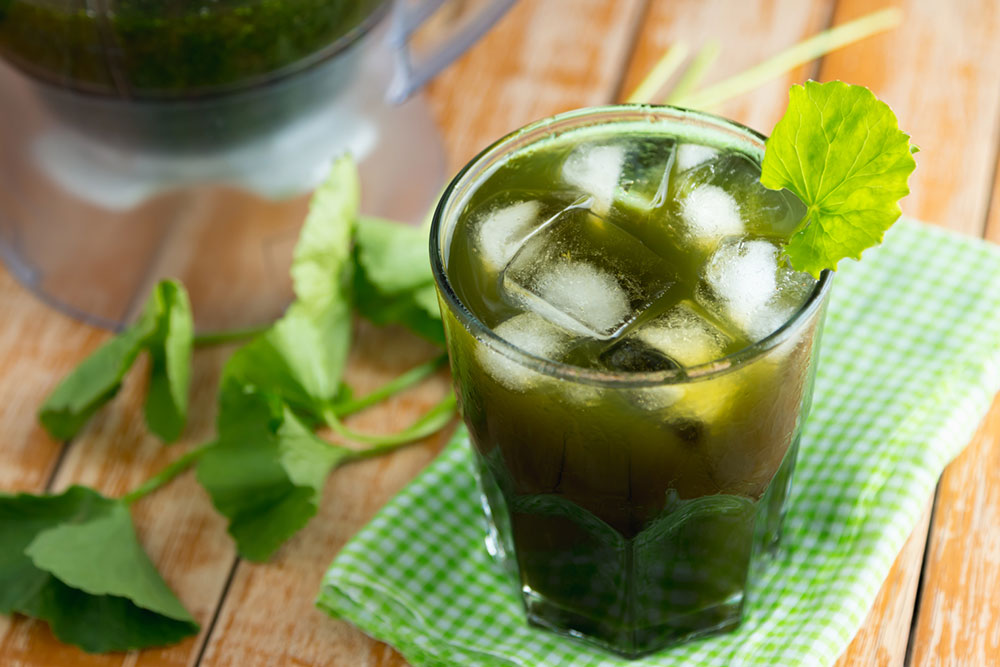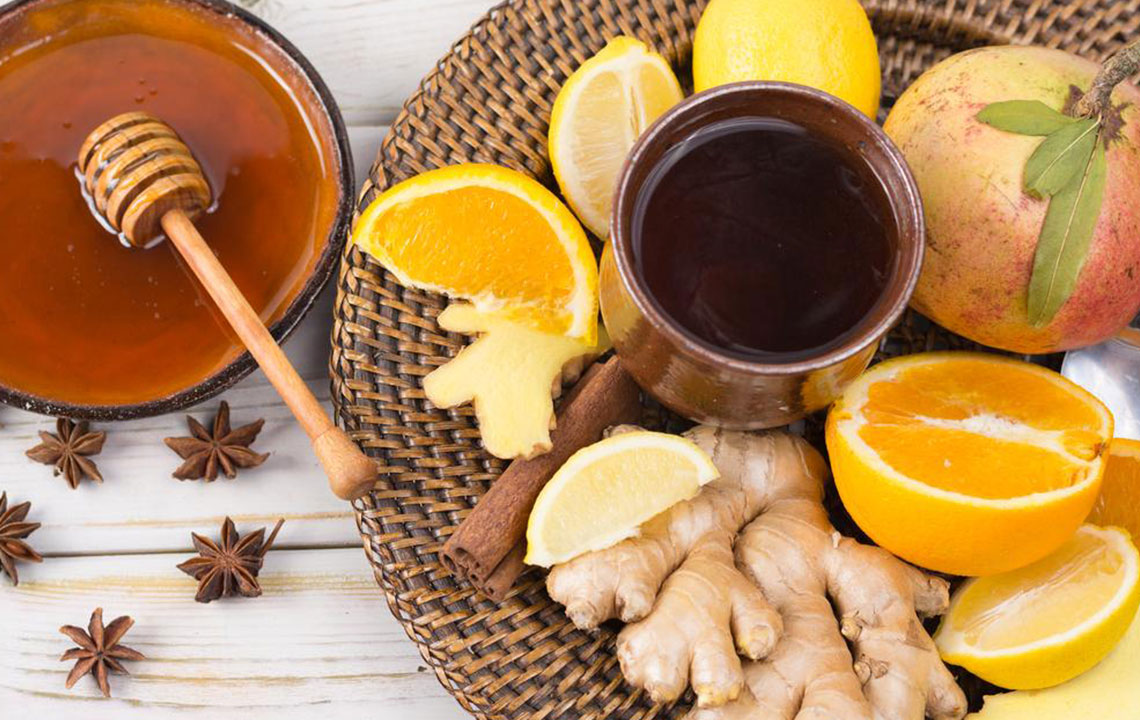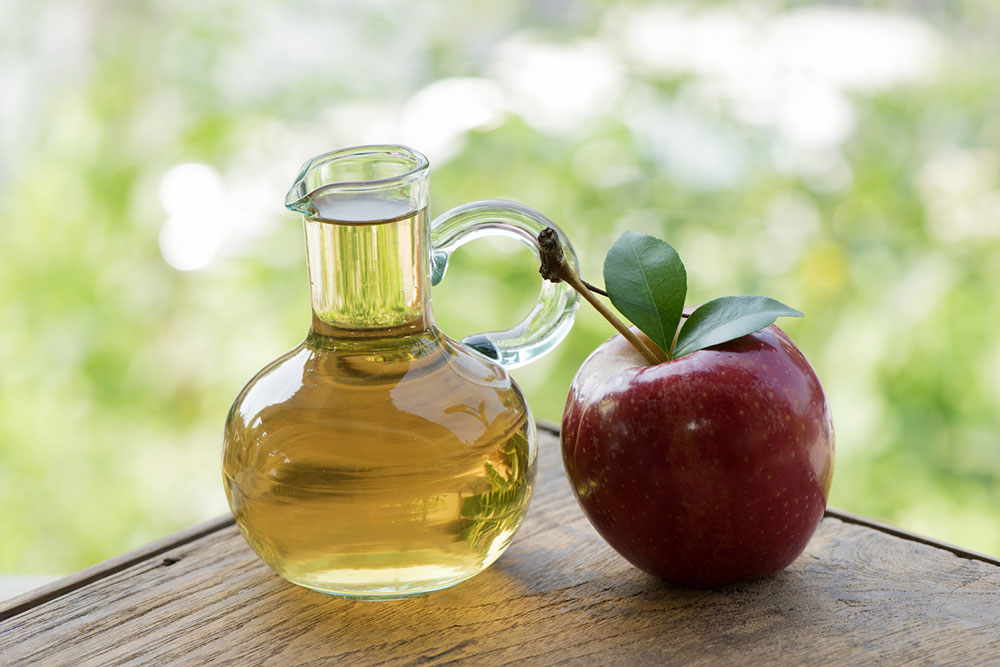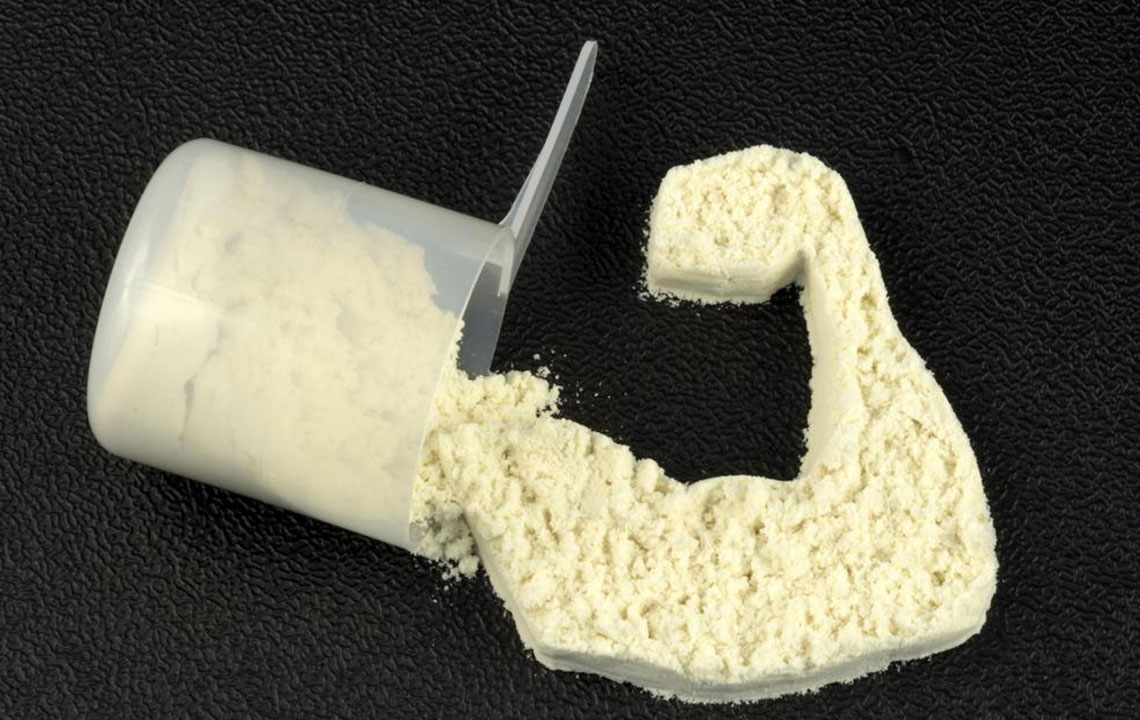Natural Approaches to Managing Enlarged Prostate Glands
Discover natural remedies and dietary tips to manage prostate enlargement effectively. This comprehensive guide highlights herbal solutions like saw palmetto, beta-sitosterol, and more, along with modern treatment options. Safe and side-effect-free options are emphasized for improving prostate health and easing symptoms of BPH. Consult professionals before starting any herbal regimen to ensure safety. A healthy diet and natural therapies can significantly improve quality of life and reduce discomfort related to prostate enlargement.
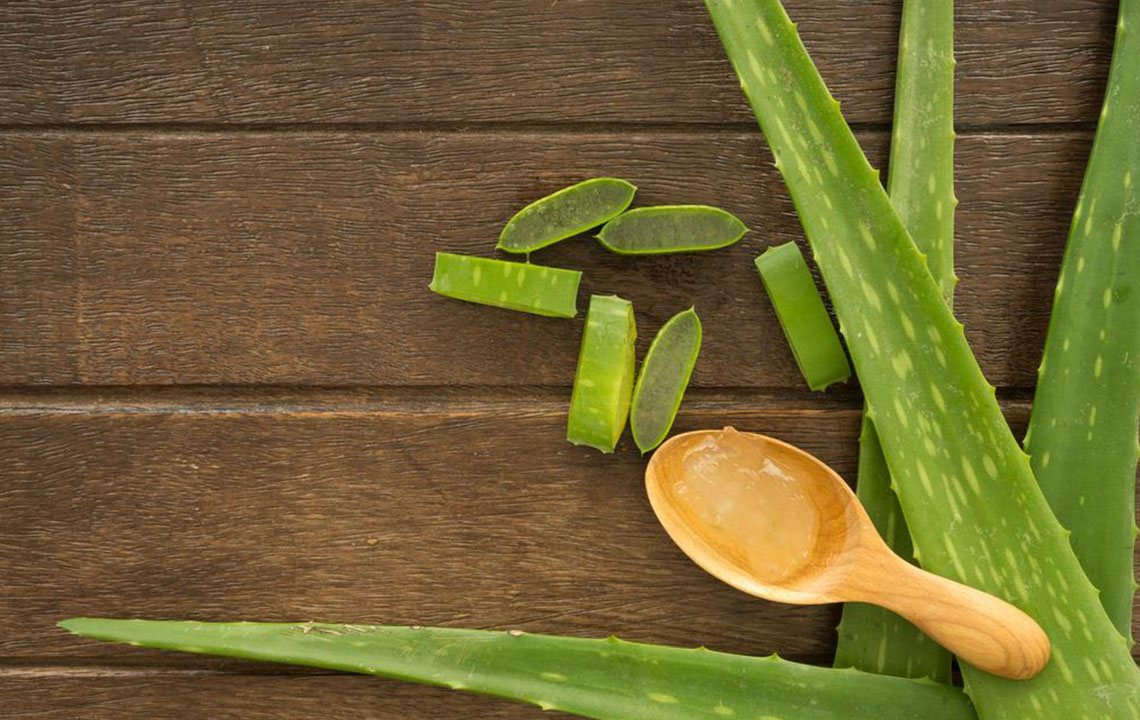
Natural Strategies for Managing Prostate Enlargement
Understanding the Prostate
The prostate is a small gland situated between the bladder and the penis in males, positioned in front of the rectum. It surrounds the urethra, which carries urine and semen out of the body through the penis. The prostate's primary role is to produce semen, a fluid that nourishes and protects sperm. Though comparable in size to a walnut, the prostate tends to enlarge with age, potentially causing health issues.
Practically, an enlarged prostate can lead to benign prostatic hyperplasia (BPH), resulting in urinary complications like difficulty urinating, frequent trips to the bathroom, urinary infections, and leakage.
Factors Behind Prostate Growth
The exact cause of prostate enlargement remains uncertain, making it a challenging condition to treat. Current therapies often yield mixed results. Interestingly, the innovative 3D Prostate Targeted Therapy has emerged as a promising non-invasive treatment, showing minimal side effects and offering relief from BPH, prostatitis, and even prostate cancer symptoms.
Traditional options include medication such as alpha-blockers like terazosin, antibiotics for infections, and hormonal blockers like finasteride or dutasteride. Surgical procedures like transurethral resection of the prostate (TURP) are also common for severe cases.
Herbal Remedies for Prostate Health
Natural remedies have gained popularity for their effectiveness and safety profile in managing prostate issues, including:
Saw Palmetto - Derived from a palm tree, this herbal supplement has been used for centuries to treat urinary problems linked to an enlarged prostate. It is known for its safety and lack of side effects.
Beta-sitosterol - This plant-based compound helps alleviate urinary difficulties associated with BPH. It is free from adverse effects and is widely used in herbal formulations.
Pygem - Extracted from the plum fruit of an African tree, Pygem is traditionally used in Europe to ease BPH symptoms. However, it may cause stomach discomfort in some users.
Ryegrass Pollen Extract - Combining rye, timothy, and corn grasses, this extract promotes complete bladder emptying, reducing nocturnal urination and improving sleep quality.
Stinging Nettle - Common in Europe, this plant can help treat BPH when combined with other herbal remedies, though it may cause skin irritation or stomach upset in some cases.
Dietary Tips for BPH Management
Incorporating a healthful diet rich in Vitamin C and zinc can play a role in preventing and easing BPH symptoms. Moderate alcohol intake may also be beneficial. As herbal products gain popularity, consulting healthcare professionals before use is vital to ensure safety and effectiveness. Always choose high-quality, genuine products over counterfeit options to avoid adverse effects.
Important Notice:
Our website provides a broad range of health and wellness information. While our team conducts thorough research to present accurate data, this content should not replace professional medical advice. Revise treatment approaches with qualified healthcare providers, especially before beginning herbal or alternative therapies. We disclaim responsibility for discrepancies or changes in available treatments and offers.

